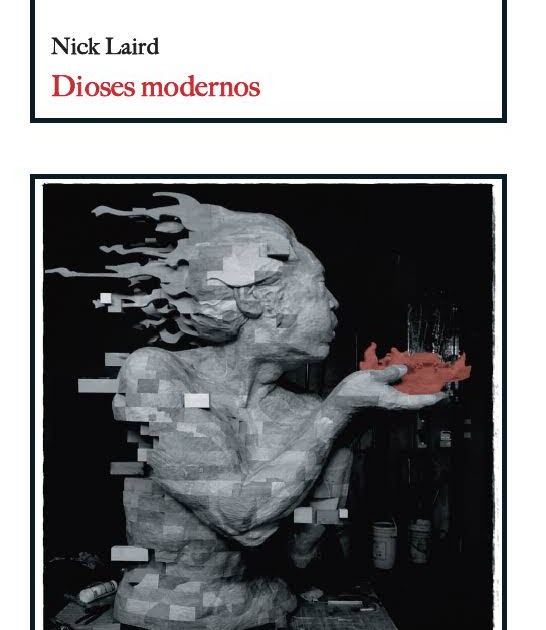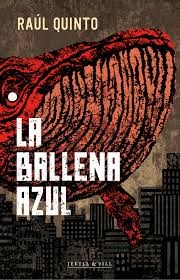
Original language: English
Original title: Modern gods
Year of publication: 2017
Translation: Alberto Moyano
Valuation: recommendable
We are too used to hearing about, or even talking about, some writers as the wife of, the mother of, the daughter of… Well, this time we will do the opposite and we will say that Nick Laird is Zadie Smith’s partner, author much better known and reviewed in these parts.
Having made this somewhat stupid comment on my part, it’s time to talk about modern gods, a somewhat irregular novel that has religion, violence and guilt as its central themes. To talk about these topics, the author uses two settings, his native Northern Ireland and a remote island in the Papua New Guinea archipelago, which serve as a backdrop to explore the relationships between the aforementioned topics.
Structurally, the novel is divided into two parts, the first of which focuses on Northern Ireland and the second of which is set alternately in Northern Ireland and Papua New Guinea. This geographical division entails a notable stylistic separation, since while the European part is much more traditional / intimate, the oceanic part is closer to the anthropological / ethnographic text (without forgetting that we are facing a work of fiction that at times seems Heart of Darkness)
It is this duplicity, curiously, that weighs down the novel. While the part located in Ulster and which uses the Donnellys’ family reunion as a premise offers good character construction, a worthy investigation into the complexity of family relationships and an accurate treatment of the weight of the past, guilt and political-religious violence in ordinary lives, the part located in Papua New Guinea represents a shift in focus and a kind of fictional essay on how the conditions that make the emergence of various forms of violence possible are created.
The problem is that the contrast between the delicacy and “calm” with which the action progresses on the Ulster side and the coups and “tricks” on the Papuan side is so great that they don’t quite fit together. That is to say, I understand where the author wants to go and what he wants to tell, but I think the novel would have more strength if it had focused and delved more into the intimate path.
Ultimately, there remains the final sensation of having read an appreciable novel, although also a certain sadness for feeling that the author has wasted an avenue that offered better “views.”
Source: https://unlibroaldia.blogspot.com/2023/12/nick-laird-dioses-modernos.html


